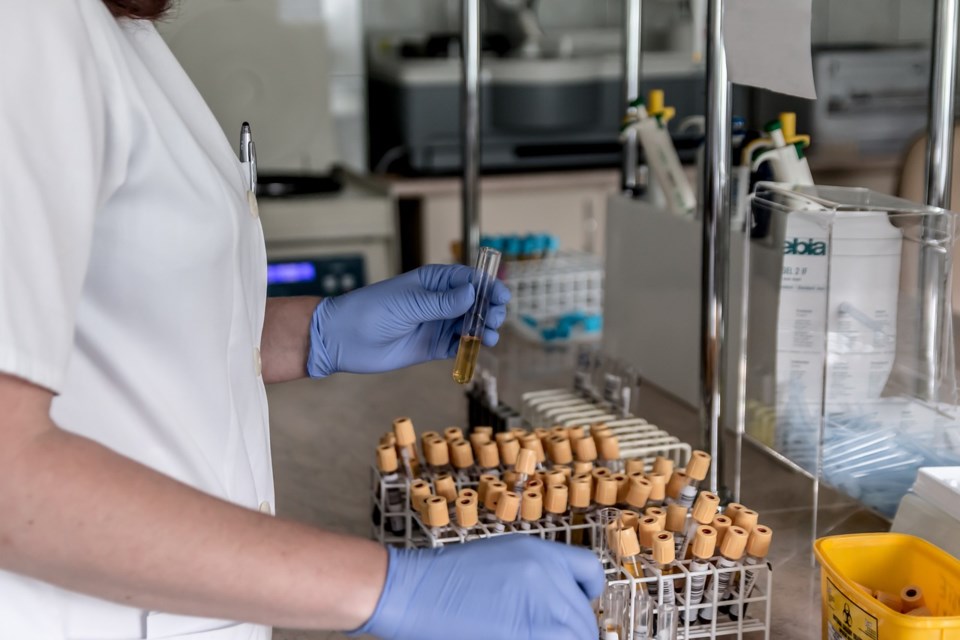As COVID-19 testing continues to expand in Manitoba, no new cases of the disease were reported province-wide May 13.
Any Manitoban with symptoms can get tested without a referral now, after filling out an online screening tool.
Previously, potential COVID-19 cases needed to be referred to testing sites either through a health provider or calling the Health Links-Info Santé hotline.
“We’ve built up testing capacity and we’ve built up access to those testing sites,” said Lanette Siragusa, Manitoba chief nursing officer in a May 13 briefing.
“Now it’s at the point where if you’re sick, you go [get tested]. You don’t have to call Health Links, you just have to go get tested. That seemed like a more convenient, practical thing to do.”
One of Manitoba’s 17 testing sites is in Flin Flon, located at the R.H. Channing Auditorium.
Earlier in the day, Premier Brian Pallister announced Manitoba would be partnering with the federal government to give frontline health care workers a one-time payment of around $1,000 to help support them during the pandemic.
The premier also announced the creation of the Economic Opportunities Advisory Board, a new committee tasked with reopening shuttered parts of the provincial economy. The 18-person committee is mostly made up of Winnipeg businesspeople, but includes Flin Flon-area resident and former vice-president of Hudbay Tom Goodman.
Manitoba chief provincial health officer Dr. Brent Roussin opened the May 13 update by giving advice on how to be safe over the upcoming May long weekend. He emphasized limiting contact as much as possible by loading up on supplies at home and interacting with as few people as possible.
“If you’re ill, you need to be staying home,” Roussin said.
“This is important for our move forward, to reopen things gradually and cautiously. It’s paramount that Manitobans do not go out when they are feeling ill.”
He warned those in a higher risk group and those around them to be extra cautious.
“Those over age 65, those with underlying medical conditions, especially respiratory and cardiac symptoms and those immunocompromised really need to take extra caution. The people around them need to take extra caution,” Roussin said.
“We need to really protect those at risk of severe outcomes.”
May 13 is Indigenous Nurses Day and Siracusa gave thanks for Indigeneous people and communities who were quick to implement measures to keep their communities safe.
“Their efforts have been very effective up to now,” she said.
“We really applaud your efforts and want to support however we can.”




